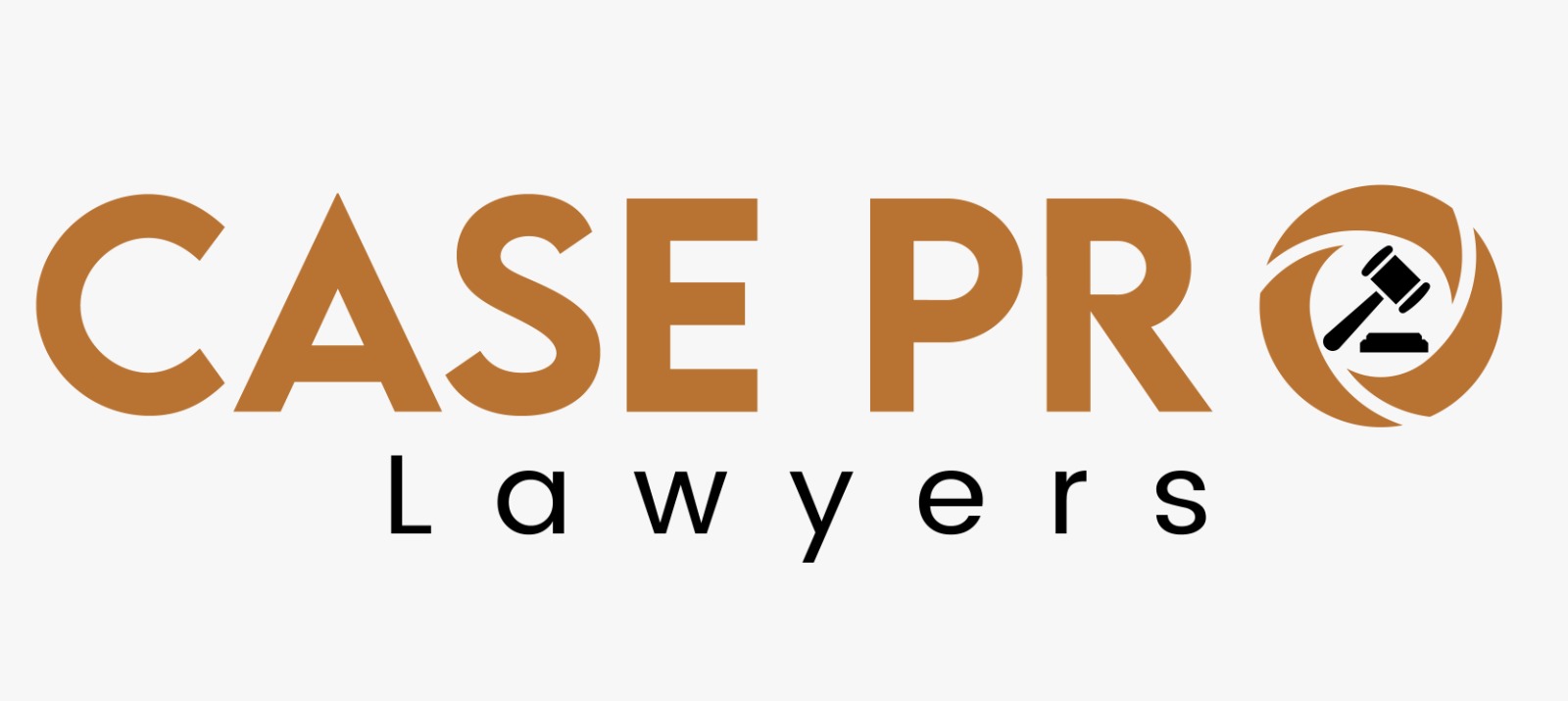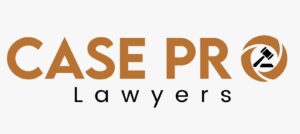Case Pro Practice Areas
Case Pro Practice Areas
Law Firm with relevant Case Studies!
Case Pro Lawyers demonstrate client acquisition & retention rates above average industry standards. Request a

Employment Law
Protecting Your Workplace Rights with Expert Employment Law Guidance
In today’s ever-evolving workplace, understanding your rights as an employee or employer is essential. At Case Pro Lawyers, we are dedicated to ensuring fairness, justice, and legal compliance in all matters of employment law. Whether you’re facing wrongful termination, workplace discrimination, wage disputes, harassment, or contract negotiations, our experienced employment law attorneys are here to provide strategic legal solutions tailored to your needs.
For employees, we fight to protect your rights against unfair treatment, ensuring you receive the respect and compensation you deserve. For employers, we provide proactive legal counsel to navigate compliance, mitigate risk, and foster a fair and lawful workplace environment.
With a reputation for tenacious advocacy, deep legal expertise, and personalized service, we stand by our clients every step of the way. If you need guidance on an employment-related legal matter, trust our team to provide clarity, action, and results.
Your workplace rights matter—let us help you protect them. Contact us today to schedule a consultation.
Employment Law: A Comprehensive Definition
Employment law is the body of laws, regulations, and legal principles that govern the rights, obligations, and relationships between employers and employees. It encompasses a wide range of workplace issues, ensuring fair treatment, preventing discrimination, regulating wages, and providing legal recourse for both workers and employers. Employment law is designed to balance the power dynamics in the workplace, protecting individuals from unfair treatment while allowing businesses to operate efficiently and lawfully.
Key Areas of Employment Law
Employment Contracts and Agreements
Employment law regulates the formation, interpretation, and enforcement of employment contracts. These agreements outline job roles, compensation, benefits, termination conditions, and non-compete clauses. Employers must ensure that contracts comply with state and federal labor laws, while employees have the right to negotiate fair terms.
Wage and Hour Laws
Fair compensation is a cornerstone of employment law. Regulations such as the Fair Labor Standards Act (FLSA) establish:
Minimum wage requirements
Overtime pay eligibility
Breaks and meal periods
Equal pay for equal work (to prevent wage discrimination)
Employers must adhere to these standards to ensure workers are fairly compensated for their labor.
Workplace Discrimination and Harassment
Employment law prohibits workplace discrimination and harassment based on:
Race, color, national origin
Gender, sexual orientation, gender identity
Age (40 and older under the Age Discrimination in Employment Act)
Disability status (Americans with Disabilities Act – ADA)
Religion
Pregnancy status (Pregnancy Discrimination Act)
Laws such as Title VII of the Civil Rights Act and the Equal Employment Opportunity Act protect employees from unlawful discrimination, retaliation, and hostile work environments.
Wrongful Termination and Employment-at-Will
In many states, employment is considered at-will, meaning an employer can terminate an employee at any time without cause—unless the termination violates employment contracts, anti-discrimination laws, or public policy protections. Wrongful termination claims arise when an employee is fired due to:
Retaliation for whistleblowing
Discrimination
Exercising legal rights (e.g., taking medical leave)
Breach of contract
Employees who believe they were wrongfully terminated can seek legal action under state and federal employment laws.
Workplace Safety and Health Regulations
Under the Occupational Safety and Health Act (OSHA), employers are legally required to maintain a safe and hazard-free work environment. Workers have the right to:
Report unsafe conditions
Receive proper training and protective equipment
Refuse dangerous work without retaliation
Failure to comply with workplace safety regulations can result in legal penalties for employers.
Employee Benefits and Leave Laws
Employment law also governs benefits and leave entitlements, including:
Family and Medical Leave Act (FMLA) – Grants eligible employees up to 12 weeks of unpaid, job-protected leave for medical or family-related reasons.
Workers’ Compensation – Provides benefits to employees who suffer workplace injuries or illnesses.
Unemployment Insurance – Supports workers who lose their jobs through no fault of their own.
Retirement and Pension Protections (e.g., ERISA regulations).
These laws ensure employees receive essential support when they experience personal or professional hardships.
Employee Privacy Rights
Employees have certain privacy rights regarding:
Personal data protection
Drug testing policies
Workplace surveillance
Social media and online activity monitoring
Employment law ensures a balance between an employer’s right to manage their workforce and an employee’s expectation of privacy in the workplace.
Why Employment Law Matters
Employment law provides a legal framework that ensures fairness, prevents exploitation, and upholds the rights of both employers and employees. By setting clear guidelines on workplace conduct, wages, benefits, and safety, these laws promote a balanced and ethical work environment.
For both workers and businesses, understanding employment law is crucial to avoiding legal disputes, maintaining compliance, and fostering a professional and lawful workplace. If disputes arise, employment law offers legal avenues for resolution through litigation, mediation, or arbitration.
Conclusion
Employment law is an essential part of the legal system, ensuring that the workforce remains fair, equitable, and protected. Whether addressing wrongful termination, wage disputes, or workplace harassment, these laws serve as a safeguard for employees and a guideline for employers to follow ethical and legal business practices.


An employment lawyer specializes in workplace-related legal matters, representing either employees or employers. They handle cases involving wrongful termination, discrimination, harassment, wage disputes, contract negotiations, workplace safety, and employee rights violations. Employment lawyers help clients navigate complex labor laws, file legal claims, and resolve disputes through litigation, mediation, or negotiation.
You should consult an employment lawyer if you experience or need assistance with:
Unfair termination or retaliation
Workplace discrimination or harassment
Wage and hour disputes (e.g., unpaid wages or overtime)
Employment contract negotiations or disputes
Family or medical leave violations (FMLA)
Workplace safety concerns (OSHA violations)
Non-compete agreements or severance packages
Whistleblower protection claims
If you believe your rights as an employee or employer have been violated, an employment lawyer can assess your case and guide you through legal options.
Yes, but only if your termination violates state or federal employment laws. You may have a wrongful termination case if you were fired due to:
Discrimination (based on race, gender, age, disability, etc.)
Retaliation (for whistleblowing, filing a complaint, or reporting misconduct)
Violation of an employment contract
Exercising legal rights (e.g., taking medical leave under FMLA)
An employment lawyer can help determine whether you have a strong case and guide you through the legal process.
Several federal and state laws protect employees from discrimination, including:
Title VII of the Civil Rights Act – Prohibits discrimination based on race, gender, religion, national origin, and more.
Americans with Disabilities Act (ADA) – Protects employees with disabilities.
Age Discrimination in Employment Act (ADEA) – Protects workers 40 and older from age discrimination.
Equal Pay Act – Ensures equal pay for equal work.
Pregnancy Discrimination Act – Prohibits discrimination against pregnant employees.
If you believe you’ve been discriminated against, an employment lawyer can help you file a complaint with the Equal Employment Opportunity Commission (EEOC) or take legal action.
Under the Fair Labor Standards Act (FLSA), employees are entitled to:
A federal minimum wage (varies by state)
Overtime pay (1.5x the regular rate for hours over 40 per week)
Proper classification (employees vs. independent contractors)
If you’ve been denied overtime pay, unpaid wages, or misclassified as an independent contractor, an employment lawyer can help recover the compensation you’re owed.
If you’re experiencing sexual harassment or workplace harassment based on race, gender, or other protected characteristics:
Document incidents, including dates, times, and witnesses.
Report the harassment to HR or your employer.
File a formal complaint with the EEOC if your employer fails to act.
Consult an employment lawyer for legal action if necessary.
Employment lawyers can help you file complaints, negotiate settlements, or sue for damages.
No. Retaliation against employees for reporting illegal workplace practices, discrimination, or safety violations is illegal under federal and state laws. Retaliation includes:
Termination or demotion
Salary reductions or loss of benefits
Hostile work environment changes
If you experience retaliation, an employment lawyer can help you seek justice through legal claims.
The FMLA allows eligible employees to take up to 12 weeks of unpaid, job-protected leave for:
A serious health condition
Caring for a family member
Maternity or paternity leave
Military family leave
Employers cannot deny, interfere with, or retaliate against employees who take FMLA leave. If your rights have been violated, an employment lawyer can help enforce them.
While not required, an employment lawyer can:
Review the severance agreement to ensure fairness
Negotiate better terms (higher severance pay, benefits, references)
Ensure non-compete clauses or confidentiality agreements are reasonable
Advise on legal risks before signing
Legal guidance can maximize severance benefits and protect your future employment opportunities.
Yes. Under OSHA (Occupational Safety and Health Act), employees have the right to:
A safe and hazard-free workplace
File complaints about unsafe conditions
Refuse dangerous work without retaliation
If your employer fails to correct unsafe conditions, an employment lawyer can help file an OSHA complaint or take legal action.
Yes. Whistleblower protection laws shield employees who report:
Fraud, corruption, or illegal activities
Workplace safety violations
Discrimination or harassment
Retaliation for whistleblowing is illegal, and an employment lawyer can help protect your rights.
Costs vary depending on the case type and complexity. Employment lawyers may charge:
Hourly rates (common for consultations or contract reviews)
Contingency fees (no payment unless you win, common in wrongful termination or discrimination cases)
Flat fees (for contract drafting or negotiations)
Case Pro Lawyers offer free consultations to assess your case.
To help assess your case, bring:
Employment contracts or offer letters
Pay stubs or timesheets (for wage disputes)
Emails, texts, or documents related to your complaint
HR reports or formal complaints filed
Witness statements or contact information
The more documentation you provide, the stronger your case will be.
Deadlines vary by claim type and state laws. Some examples:
EEOC Discrimination Claims – Usually 180 days (extended to 300 in some cases)
Wrongful Termination – Varies by state (typically 1-3 years)
Wage & Hour Claims – Typically 2-3 years under the FLSA
An employment lawyer can determine the exact deadline for your case.
Contact Case Pro Lawyers to schedule a consultation. Whether you need help with a workplace dispute, contract review, or litigation, our experienced employment lawyers will provide expert guidance to protect your rights and interests.
👉 Call us today or submit an online inquiry to get the legal help you nee
Talk to a licensed lawyer – get your case reviewed and placed with the right attorney. Case Pro Lawyers and associates have the highest win rates in the industry. NO RECOVERY NO FEE
